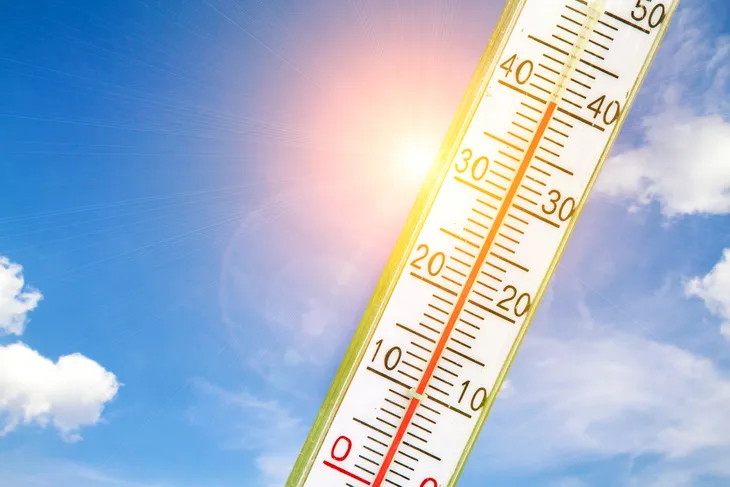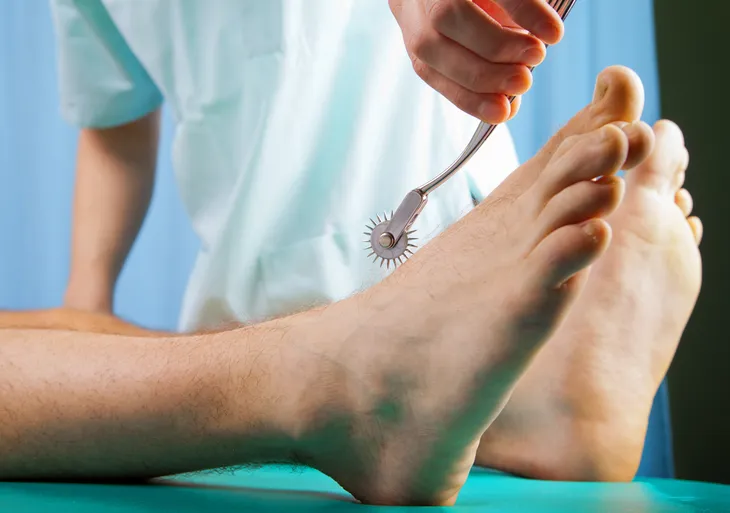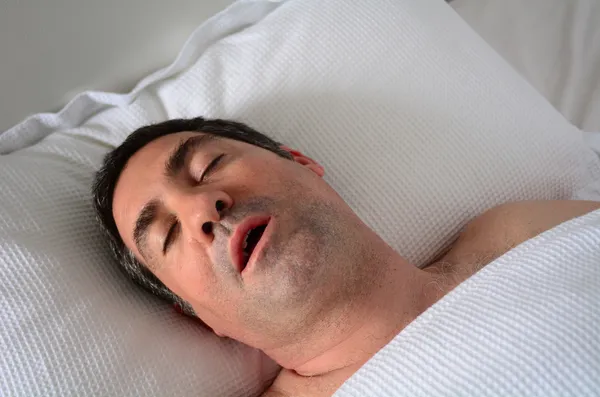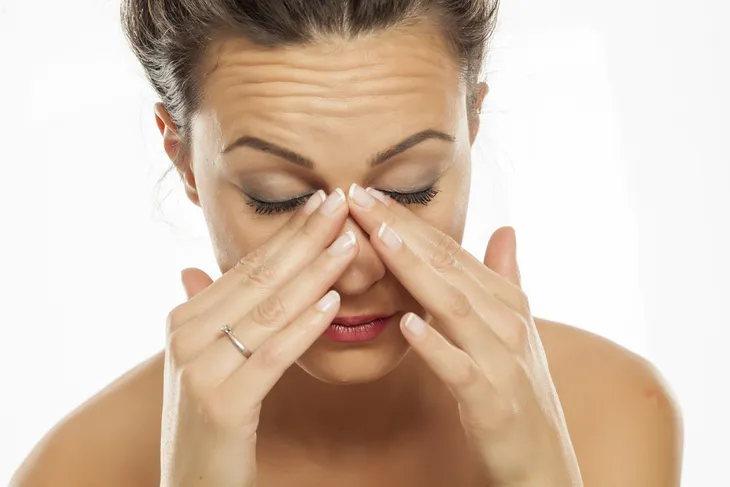Do you suffer from a constant pasty, dry mouth?
Most times, dry mouth is due to something simple, like dehydration or weather. However, if you’re constantly plagued with dry mouth regardless of the season and how much fluids you drink, it could be a sign of a more serious condition—such as Crohn’s or another autoimmune disease.
Here are the 12 most common causes of that dry, pasty mouth…
Medications
There are many, many medications that cause a patient to suffer from a dry mouth. Medications—such as certain chemotherapy drugs to treat cancer—are linked to dry mouth. The Mayo Clinic also lists those that treat high blood pressure and anxiety, as well as “decongestants, muscle relaxants, and pain medications.” However, the most common culprits as far as drugs are antihistamines and antidepressants.
If your prescriptions are causing dry mouth, talk to your doctor about swapping to another medication. Unfortunately, in some cases there is nothing that can be done, especially if the medication you are taking is necessary. To combat this side effect, try carrying a pack of sugar-free gum or mints. These will help stimulate saliva flow.
Dehydration
Many of us are guilty of not drinking enough water. It’s hard to keep on top of it! Drinking lots of water has so many amazing health benefits, but it’s also important because it keeps other health problems at bay, like dehydration. Simply being dehydrated can be enough to dry out the mucous membranes in your mouth, decreasing saliva.
Dehydration is the body’s way of telling you it needs more water and it’s not something to take lightly. Dehydration can cause fever, excessive sweating, and even vomiting. Being dehydrated on a regular basis or for long periods of time can create more serious problems than a dry mouth. It can lead to mouth sores or an infection. If you tend to develop dry mouth with physical activity, it’s important to carry a water bottle with you at all times to combat dry mouth and nose.
Weather
A dry mouth is also as simple as looking at the humidity level. When levels are low, dry air can shrink mucous membranes and leave you parched. It’s vital to keep your mouth and nose moist so that you’re not prone to colds, flues, and allergies. So wisely invest in a humidifier.
Tooth Decay
A sugar filled diet mixed with sloppy oral hygiene will lead to tooth decay and rot along the gum line. This gradual decay will result in reduced saliva production beneath the tongue, and eventually chronic and uncomfortable dry mouth, which will exacerbate tooth and gum rot even further.
Nerve Damage
Nerve damage that occurs with a severe injury to the neck or head can also cause harm to the nerves of the salivary glands. As a result the nerves don’t send clear messages to the glands to produce saliva and dry mouth can occur.
Diabetes
A telltale sign of diabetes is often chronic dry mouth, which occurs when blood sugars are high and uncontrolled diabetes. When this occurs, ketones lose fluid or inadequate saliva is produced in order to keep your mouth moist. The end result is severe dehydration and dry mouth as well as difficulty chewing and swallowing food.
Autoimmune Diseases
A dry mouth and nose may be the early warning sign of an associated autoimmune disease, such as Crohn’s or Sjogren’s syndrome, a condition that attacks glands that produce mucus. A dry mouth and dry eyes are among the most common symptoms of Sjogren’s syndrome, according to the National Institutes of Health. Patients with HIV virus are also prone to dry mouth. The best way to determine this is to drink some water, and if the water doesn’t help cure a dry mouth, it could be due to an autoimmune disease says Natasha Bhuyan, M.D., a family doctor at One Medical in Phoenix, Arizona, when talking to SELF.
The same source also says Sjogren’s syndrome and Crohn’s aren’t the only autoimmune diseases that can affect the salivary glands. Others include HIV/AIDS, lupus, and rheumatoid arthritis. In fact, Sjogren’s often occurs in people who suffer from lupus or rheumatoid arthritis, so any patients suffering from these conditions should be extremely wary of a dry mouth. The best way to combat this symptom is to chew gum, suck on an lozenge, or purchase a saliva rinse or spray.
Aging
There are many changes our bodies go through as we age and apparently having a dry mouth is one of them! The Mayo Clinic says older people are more likely to experience a dry mouth.
There are many reasons for this, including what medication they are taking, how their body is able to process that medication, whether they are getting enough nutrition in their diet, and any health problems they might be suffering from.
Cancer Therapy
We briefly touched on this in the slide dedicated to medications, but zeroing in on that, anyone who is going through cancer therapy will most likely suffer from a dry mouth. This is because chemotherapy drugs “change the nature of saliva and the amount produced,” says Mayo Clinic.
There is a heightened chance of this happening if the area affected by cancer is in the head or neck because radiation treatments can damage the salivary glands. Not surprisingly, if the saliva glands aren’t working properly, they won’t be producing enough saliva. In some cases this is just temporary as the treatment is underway, but there are instances where it’s caused permanent damage. The Mayo Clinic says it all depends on where the cancer is located and the amount of radiation therapy a patient has received.
Lifestyle
There are many reasons a person shouldn’t drink, smoke, chew tobacco, or use drugs recreationally. Just in case you needed one more, these are things that can lead to a dry mouth. WebMD says smoking and chewing tobacco in particular affect how much saliva our mouth can produce. Smoking slows down our saliva production and alcohol leads to dehydration — both of these side effects are the perfect ingredients for a dry mouth.
If you’re already prone to suffering from low saliva production, your best bet is to avoid drinking and smoking which will only make things worse. Don’t even get us started on the fact that smoking leads to heart disease, tooth decay, lung disease, and a whole pack of other issues!
Snoring
Snoring often causes people to breathe with their mouth open which can lead to a dry mouth, especially if a person has been breathing through their mouth all night long. It can be hard for people to come to the conclusion that their dry mouth is caused by snoring because most of the time, they don’t know they’re snoring! If you notice that your mouth is dry mainly in the morning, snoring could be the culprit.
“If you always wake up with a dry mouth, that’s a clinical indication of sleep apnea,” says Natasha Bhuyan, M.D., a family doctor at One Medical in Phoenix, Arizona when talking to SELF.
Sinus Problem
Sinus problems can cause a whole whack of uncomfortable symptoms and a dry mouth is one of them. “Anyone with a deviated septum or nasal polyps may have a hard time breathing through the nose, so they’ll breathe through the mouth,” says Bhuyan to SELF. “You might think this is normal for you and may not even realize you have a deviated septum or other sinus issue.”
If you find you’re having trouble breathing through your nose, SELF advises checking with a doctor to make sure it’s not due to something structural, like a deviated septum. This should go without saying, but we’re talking about breathing problems that occur even when you’re not suffering from a nasty cold.















